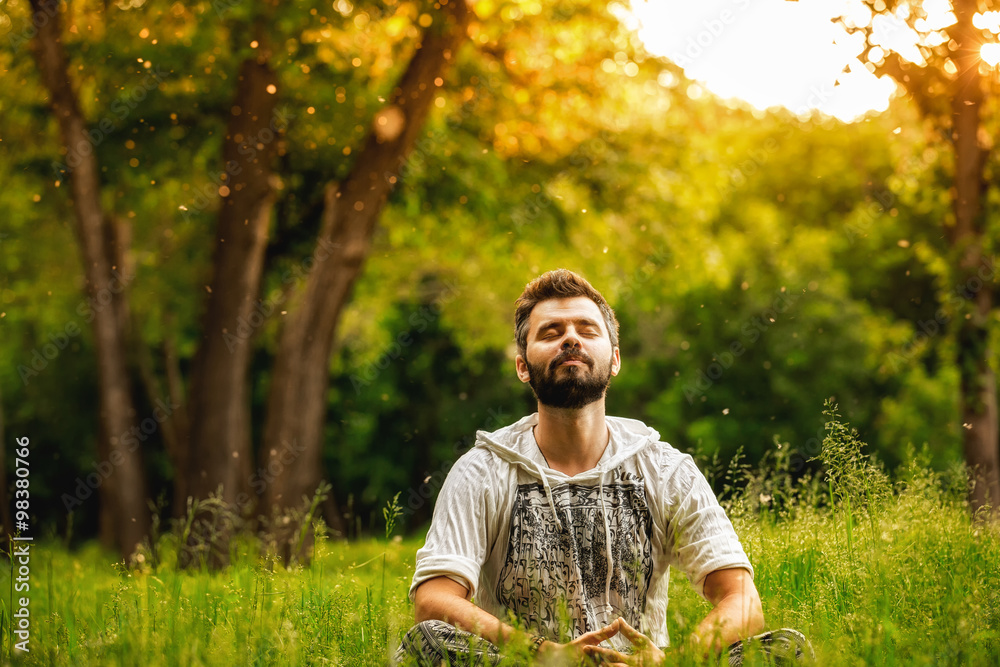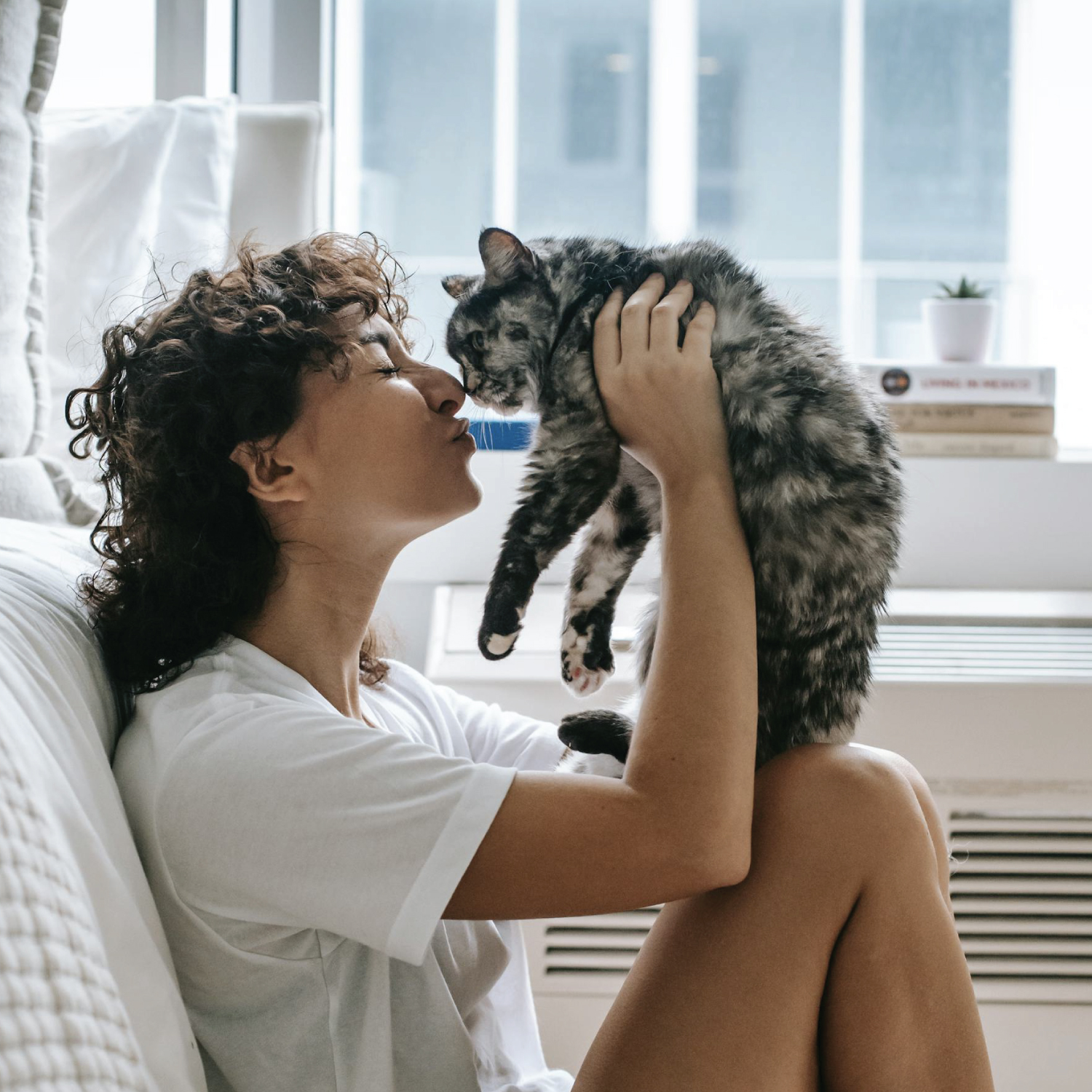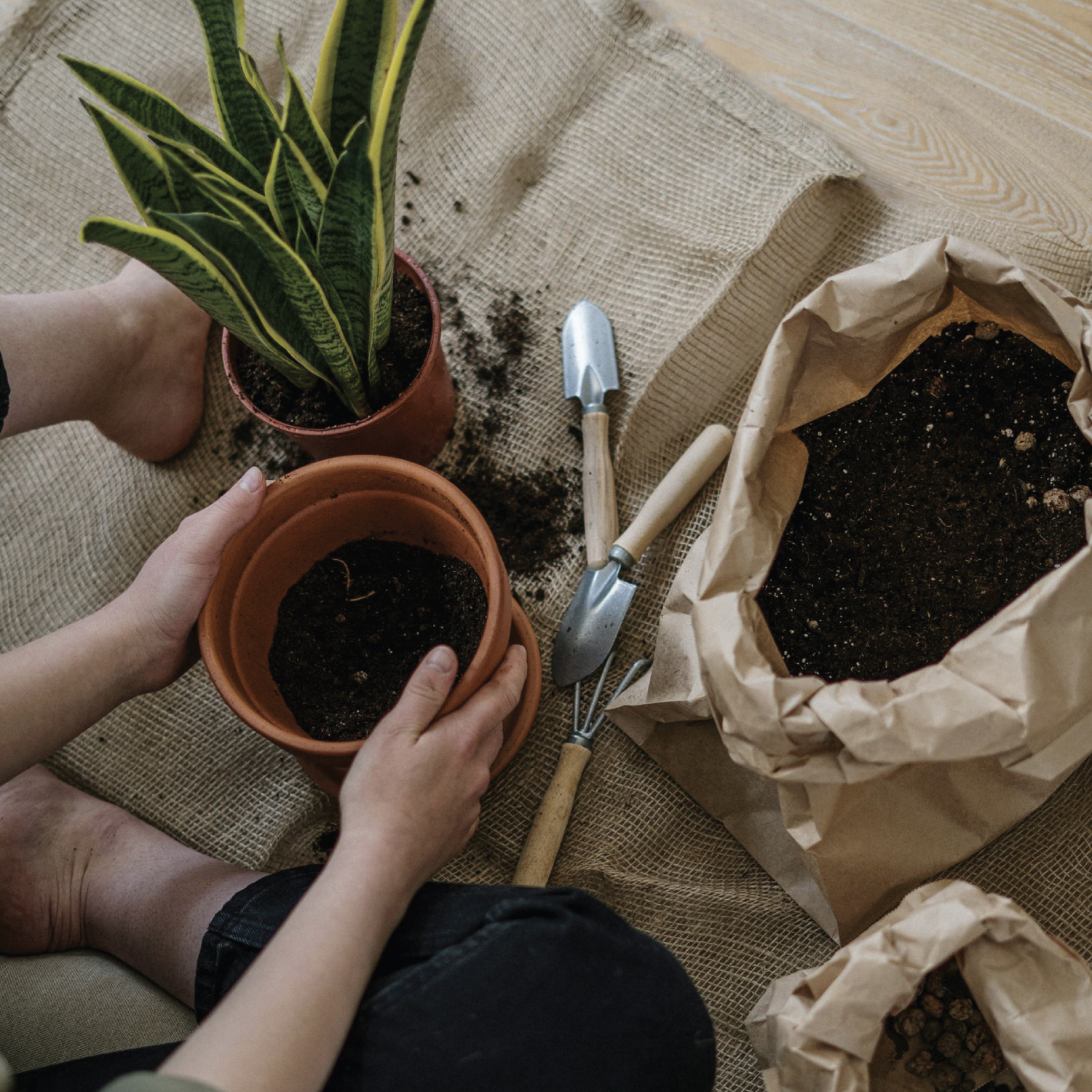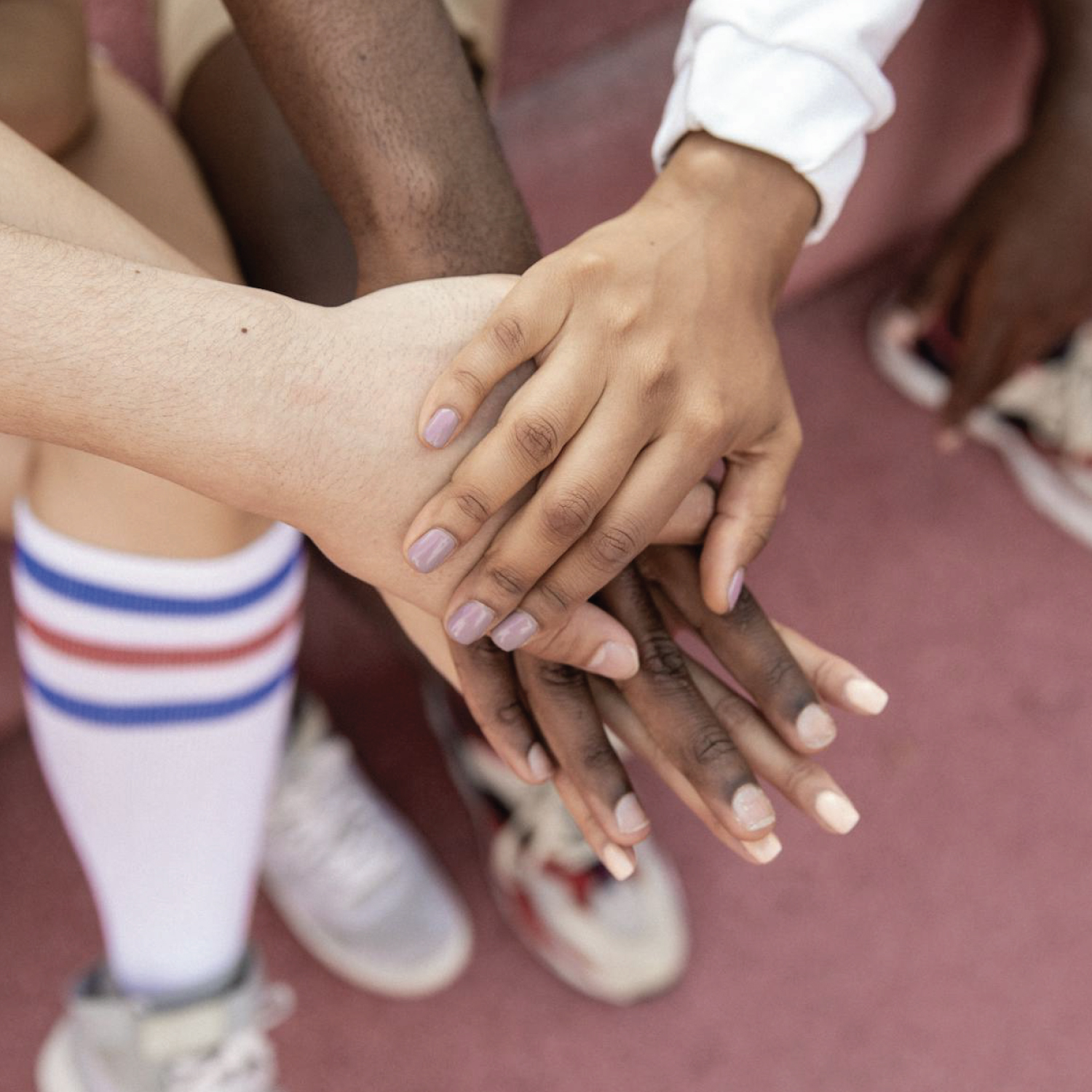Your personal wellness is worth more than meth.
Whether you’re struggling at school, work, or home, meth can seem like an easy solution to get you through those tough moments.
Fact:
Meth changes your brain’s structure, including how it regulates your emotions. That can trigger everything from extreme depression to delusions to violence. Meth users often describe it as feeling on top of the world, followed by feeling rock bottom, sometimes almost immediately—and trapped.
There are safer ways to help you cope and feel better. Here are a few ideas you can try today.
Meditation.
Think of meditation as a daily reset button for your body and mind. It doesn’t cost a thing––and it’s an effective tool that helps you release all that built-up stress. You can start with just one minute a day. Here’s how:
- Find a quiet place. Maybe it’s a corner in your bedroom, or a shady spot under a tree outside.
- Close your eyes. Take a deep breath in, really paying attention to the process of inhaling. Then, as you exhale, silently count your breath (“one”). Take another deep breath in, exhale, and count your next breath (“two”). Keep going until you reach “five,” or, if you feel like it, “ten.” Try to let yourself relax and only focus on your breathing and counting.
- Transition. Open your eyes and give yourself a few minutes to slowly adjust before moving on with your day.


Mantras.
When things feel out of control, you can try repeating a mantra to help you feel grounded and calm. Here are a few examples to get you started. You can always come up with your own, too.
- I am a deserving person.
- I can do hard things.
- I am in control of my life.
- Life can be tough, but I am tougher.
Hobbies.
- Camping
- Roller-skating
- Collecting or creating comics
- Crocheting
- Drawing
- Gardening
- Reading in a book club
- Phone photography
- Sudoku
- Paint-by-number
- Skateboarding
- Hunting
- Gaming
- Cooking
- Content creation for social platforms like YouTube
- Hiking
- Running
- Softball
- Singing
- Music-writing


Community groups.
Your local Prevention Resource Center can connect you to others in your area who are facing similar situations. You can also find support and even build new friendships via neighborhood Facebook Groups and Meetup.
